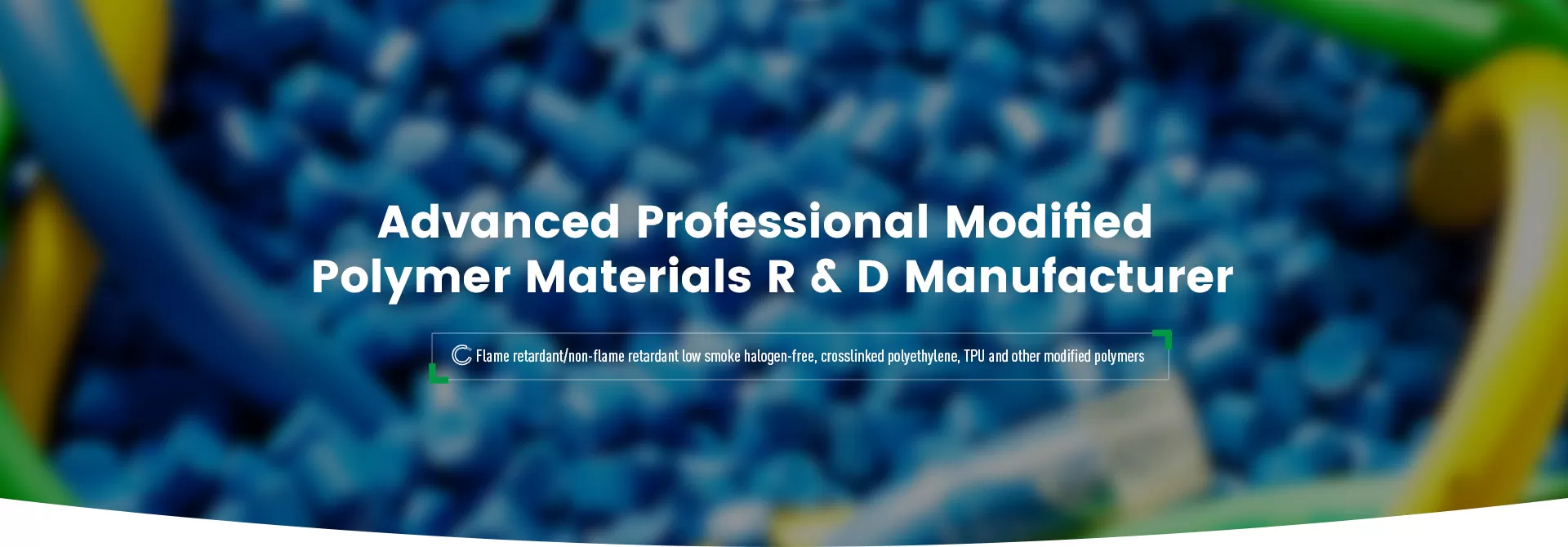
In the context of the rapid development of industrial automation, the requirements for flexibility, wear resistance and fatigue resistance of industrial cables (such as robot cables) are constantly increasing. Traditional PVC or rubber materials are gradually unable to meet the use requirements under high-speed and multi-axis motion. Extruded TPU (Thermoplastic Polyurethane elastomer) has become the first choice for industrial cable sheaths due to its excellent flexibility and fatigue resistance, and is widely used in industrial robot cable.
1. Material Properties of Extruded TPU
TPU is a polymer material that combines rubber elasticity and thermoplastic processability. After being processed into cable sheath through extrusion process, TPU exhibits the following remarkable properties:
High Flexibility: can withstand repeated bending, twisting and stretching
Excellent Wear Resistance: suitable for sliding or drag chain scenarios
Oil And Chemical Corrosion Resistance: suitable for lubricating oil and coolant environment in industrial environment
Good Low Temperature Resistance: can remain soft at -40℃
Optional Flame Retardant: can be combined with additives to meet flame retardant standards such as UL VW-1
II. Advantages of Extruded TPU in Industrial Cable
1. Improve Cable Flexibility and Reduce Mechanical Load
During the high-speed multi-axis movement of industrial robot manipulators, cables need to bend continuously following their trajectory. Extruded TPU sheath has good resilience and dynamic flexibility, which greatly reduces the stress concentration of cables during bending and reduces the risk of copper conductor breakage.
Measured data shows that the bending life of robot cables with TPU sheath can exceed 5 million cycles, far exceeding traditional PVC sheath materials and polyolefin sheath materials.

2. Enhance Wear Resistance And Tensile Strength to Adapt to Complex Working Condition
In automated production lines, drag chain systems or robot arm dragging applications, cables often rub against metal parts, slide rails or the ground. The molecular structure of TPU materials is tight, and the hardness of the sheath is controllable (Shore A 85~98), which can effectively avoid skin breakage and cracking.
TPU can achieve integrated coating during the extrusion molding process, enhance the overall structural stability, and reduce the internal insulation aging or short circuit problems caused by sheath damage.
3. Oil-Resistant And Corrosion-Resistant, Extending The Service Life of Cable
Robot applications are mostly located in harsh environments such as machining centers, CNC workshops, and chemical automation production lines. Traditional materials are easily corroded by grease or cleaning agents. TPU itself has excellent oil, acid and alkali resistance, and can maintain the integrity of the sheath even if it is immersed in coolant or lubricant for a long time.
This not only extends the actual service life of the cable, but also reduces the maintenance cost caused by frequent replacement.
4. Environmental Compliance, Meeting Global Industrial Standard
As international customers attach importance to environmental and safety certifications such as RoHS, REACH, UL, and CE, TPU, as a recyclable, low-VOC emission material, has stronger market adaptability. In the North American and EU markets, TPU sheath material have become the designated materials for many equipment manufacturers.
As a company focusing on high-performance cable materials and processing technologies, Angreen provides stable and customized extruded TPU sheath material solutions for industrial cables, and widely serves high-end manufacturing fields such as industrial automation, robotics, and medical equipment.